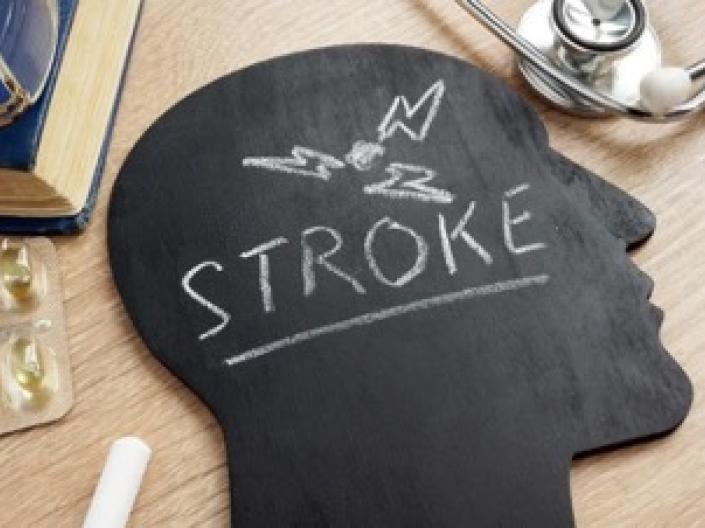
The Cardiovascular Biobehavioral Health and Self-Management Lab is directed by Dr. Carolyn Harmon Still and located on CWRU's Health Research Campus. The Cardio CARES Lab is devoted to eliminating differences in cardiovascular health and outcomes. Our research investigations are focused on developing and evaluating culturally specific behavioral and self-management interventions, and optimizing the effectiveness and reach of health technologies to reduce cardiovascular disease risk of individuals, communities, and populations.
Emphasis is placed on improving racial and ethnic minorities and other vulnerable and diverse populations with chronic conditions such as stroke, hypertension, diabetes and Alzheimer's disease. In addition, our interdisciplinary team approach to promoting equity in cardiovascular health leverages community-engaged research to improve cardiovascular health and building research capacity in underserved communities to increase participation in research and access to care.
Explore our current work

The goal of the Optimizing Technology to improve Medication Adherence and Blood Pressure Control (OPTIMA-BP) project is to test the effectiveness of using a technology-based intervention that combines medication management apps with a guideline-directed treatment regimen and nurse counseling to improve hypertension self-management, medication adherence, and blood pressure control in African American adults.

The purpose of the Targeted Management (TEAM) intervention study is to reduce the unacceptably high rates fo stroke and stroke complications in African American men. TEAM is a 6-month prospective randomized controlled trial evaluating the effects of a nurse and patient co-led, curriculum-guided, self-management support approached, focused specifically on African American men who have experienced a stroke or transient ischemic (TIA) attack within the past 5 years.

The proposed project will explore how protective factors and resilience promote self-management behaviors and influence health at the individual level, as well as identify ways to bolster resilience that can target interventions that may enhance the sustainability of self-management practices in African Americans with hypertension.

This project is an initiative supported by the Ohio Department of Medicaid to develop a collaborative involving all 7 major Ohio academic medical centers (CWRU, OSU, OU, UC, WSU, NEOMED, and UT), Medicaid providers, and Medicaid insurers with the objective to expand the primary care team capacity to: 1) Prevent, diagnose and manage cardiovascular disease in Ohio’s Medicaid population and 2) Identify and address disparities in cardiovascular health care and outcomes affecting the Ohio Medicaid population.
This project is funded by the State of Ohio.

The Cleveland Alzheimer’s Disease Research Center (CADRC), led by James Leverenz of Cleveland Clinic, is one of 31 NIH-funded centers in the country that are part of the Alzheimer’s Disease Research Centers Program. The Alzheimer’s Disease Research Centers program is a national network of researchers and clinicians at major medical institutions across the United States. Researchers at these centers are working to translate research advances into improved diagnosis and care for people with Alzheimer’s disease, as well as finding a way to treat and prevent the disease.
This study is funded by the National Institutes of Health, National Institute of Aging.
Archived Studies
Systolic Blood Pressure Intervention Trial (SPRINT)
SPRINT was a research study funded by the National Institutes of Health to answer the following question:
"Will lower blood pressure reduce the risk of heart and kidney diseases, stroke, or age-related declines in memory and thinking?"
Community and Tech-Based Approach for Hypertension Self-Management (COACHMAN)
The purpose of this study was to investigate the effectiveness of a community outreach program using a technology-based intervention (TBI) to support self-managing hypertension (called COACHMAN) to improve BP control.
Technology-based Intervention and Positive Psychological Training for Blood Pressure Control in African Americans (TechSupport)
The purpose of this pilot study was to evaluate the effects of a theoretically derived technology-based intervention and its associated neurological mechanisms for hypertension self-management in African Americans.

